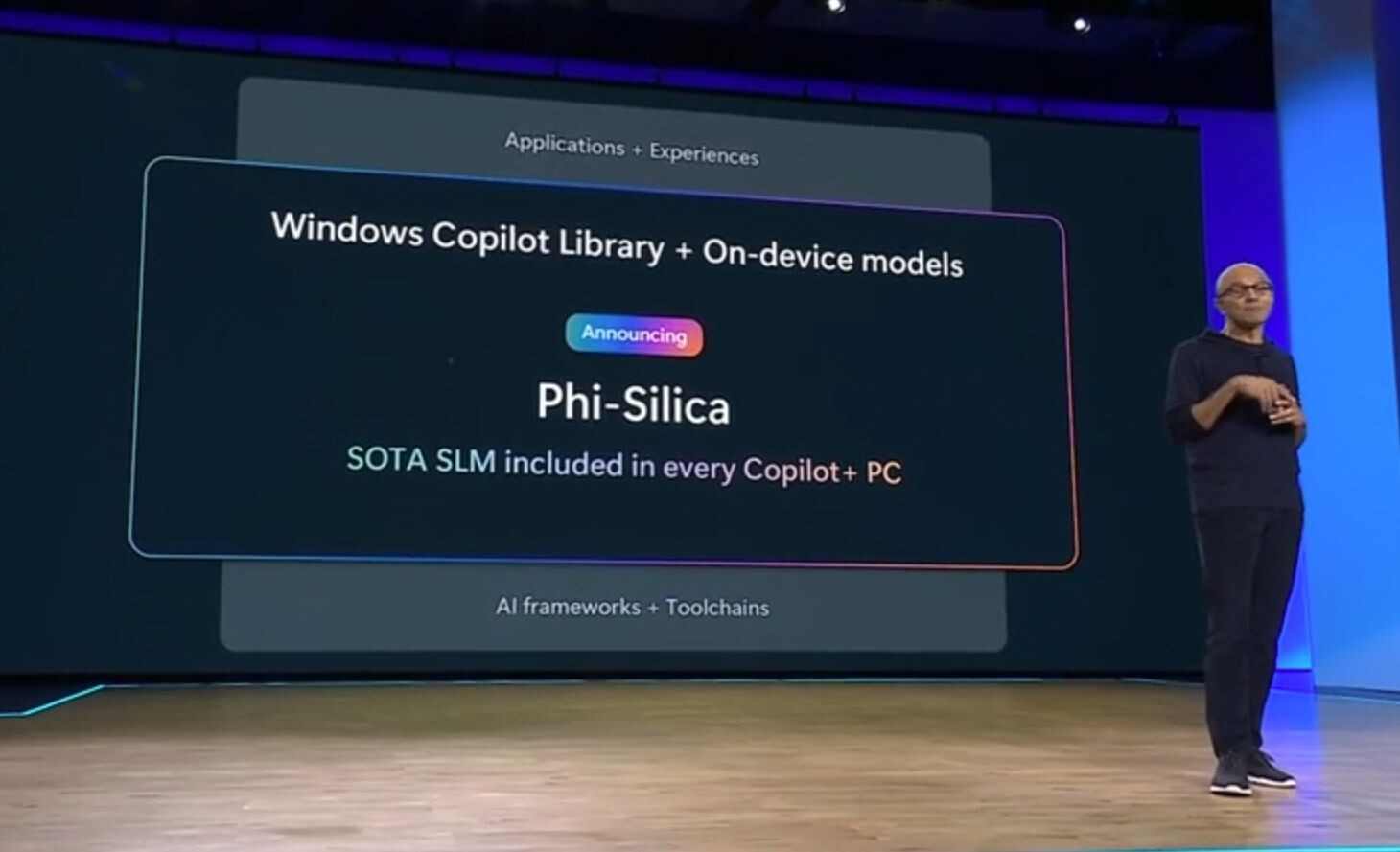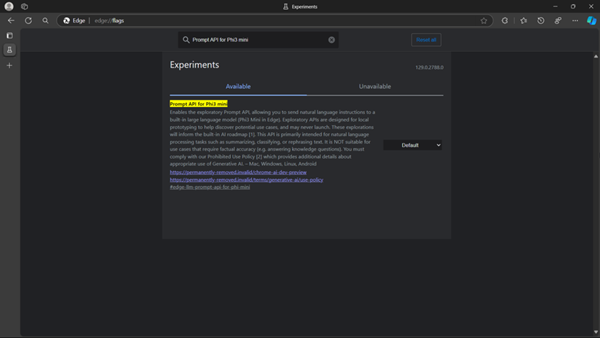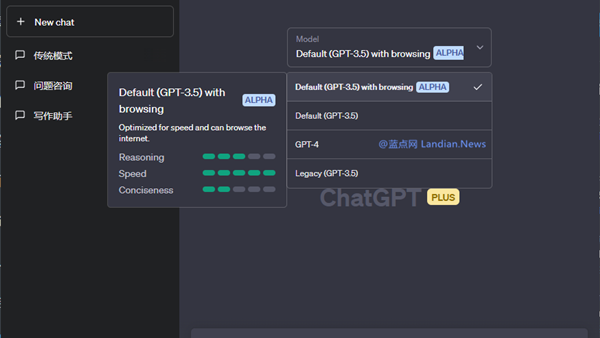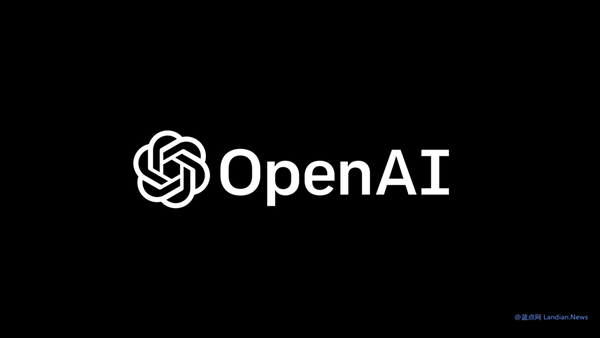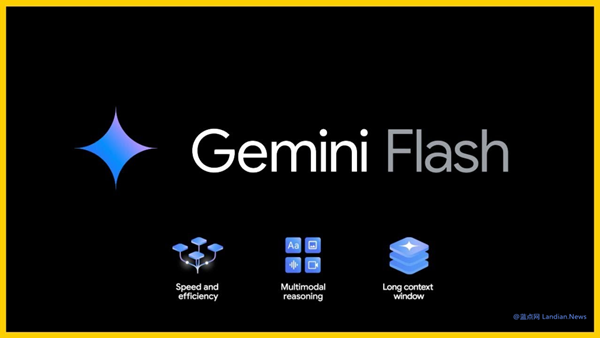Microsoft Launches New Phi-3 Series of Small AI Models for On-Device Running on NPU-Driven Devices
Phi is an artificial intelligence model developed by Microsoft Research. Microsoft has previously launched the Phi-3 series, which are characterized by their lightweight nature, meaning the models have relatively fewer parameters but offer better performance for their size.
Today, Microsoft introduced two new models based on Phi-3. The first is the Phi Silica SLM model, which is designed to run on devices driven by NPUs (Neural Processing Units); the second is the Phi-3-Vision model, which includes visual support.
The Phi Silica SLM model is even smaller, with only 3.3 billion parameters, but it has been optimized to run locally on Copilot+PC, that is, powered by the device's own NPU chip. This provides users with offline local inference, reducing latency and improving response times.
This model is also part of the Copilot library on Windows, a set of APIs that developers can use to implement more AI-related new features through API calls.
The Phi-3-Vision model has 4.2 billion parameters, significantly smaller than the 14 billion parameter version of Phi-3, but it includes visual support. This means it can be used for analyzing images, charts, and performing table inference, among other functions.
However, this model is currently only available in a preview version, and it is unclear when it will be officially released. Other models, including Phi-3-mini, Phi-3-small, and Phi-3-medium, have already been launched. Starting today, developers can call these models through Microsoft Azure.
